Shoulder Fractures Specialist in Elkhart, IN
Orthopedic Care for Shoulder Fractures
A shoulder fracture can significantly impact mobility and daily life, making expert orthopedic care essential. OSMC’s skilled orthopedic specialists provide advanced treatment options for shoulder fractures, helping patients regain strength, function, and pain-free movement. Whether the fracture is caused by a traumatic injury, a fall, or weakened bones due to osteoporosis, our team is committed to delivering personalized care to ensure optimal recovery.
What Is a Shoulder Fracture?
A shoulder fracture refers to a break in one or more bones that make up the shoulder joint, including the clavicle (collarbone), scapula (shoulder blade), and proximal humerus (upper arm bone). These fractures can occur due to high-impact injuries, such as car accidents or sports trauma, or from low-impact falls, especially in older adults with reduced bone density. Symptoms often include severe pain, swelling, bruising, and difficulty moving the arm. Early diagnosis and treatment prevent long-term complications and restore shoulder function.
Common Types of Shoulder Fractures
Different types of shoulder fractures require unique treatment approaches. A clavicle fracture is one of the most common and typically results from direct impact on the shoulder. A proximal humerus fracture occurs near the ball of the shoulder joint and is more common in older adults. A scapula fracture, though less frequent, often results from high-energy trauma, such as a fall from a significant height or a direct blow during an accident. Understanding the type and severity of the fracture helps orthopedic specialists determine the most effective treatment plan.
Signs and Symptoms of a Shoulder Fracture
Recognizing the symptoms of a shoulder fracture is essential for seeking timely medical care. Patients often experience immediate and severe pain, swelling, and tenderness around the shoulder. Limited range of motion, visible deformity, and a grinding sensation when attempting to move the arm are common indicators of a fracture. If any of these symptoms occur following an injury, seeking prompt evaluation from an orthopedic shoulder specialist is critical for proper diagnosis and treatment.
Diagnosis and Treatment of Shoulder Fractures
Your board-certified OSMC orthopedic specialist will look at your medical history, examine the injured shoulder, and order X-rays to determine the severity and location of the break. Treatment depends on the type of fracture and its complexity. Non-surgical treatment, including immobilization with a sling, pain management, and physical therapy, is often effective for stable fractures. However, surgical intervention may be necessary for displaced or complex fractures. Procedures such as open reduction and internal fixation (ORIF) or shoulder replacement surgery may be recommended to restore proper alignment and functionality.
Recovery and Rehabilitation After a Shoulder Fracture
Rehabilitation is critical to recovering from a shoulder fracture. Physical therapy is vital in restoring strength, mobility, and flexibility. The recovery timeline varies depending on the severity of the fracture and the treatment method used. Patients undergoing surgery may require a more extended rehabilitation period, but with expert orthopedic care and personalized therapy, many regain full function and return to normal activities.
Schedule a Consultation with a Shoulder Specialist at OSMC
If you have suffered a shoulder fracture, trust the orthopedic experts at OSMC to provide advanced treatment and personalized care. Contact us today to schedule an appointment and begin your journey to recovery.
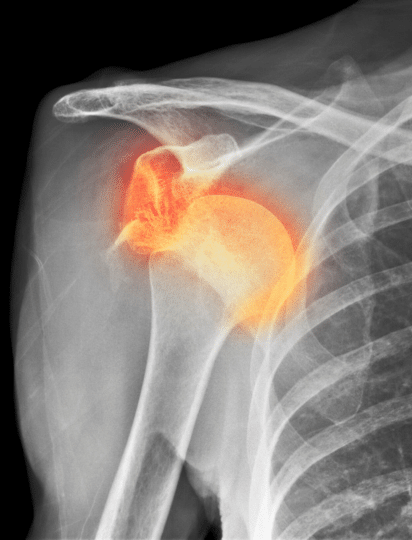
-
OSMC Shoulder Specialists
-
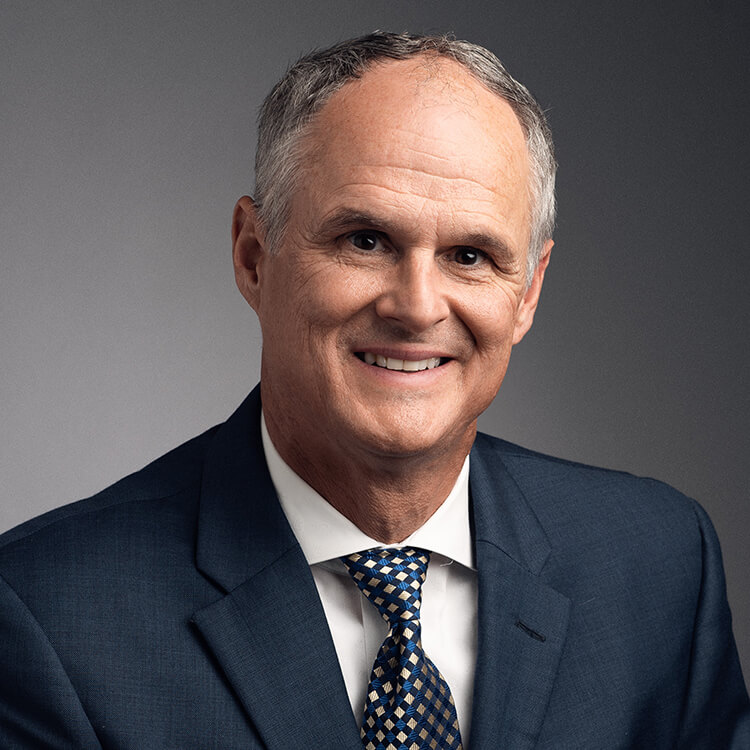
-
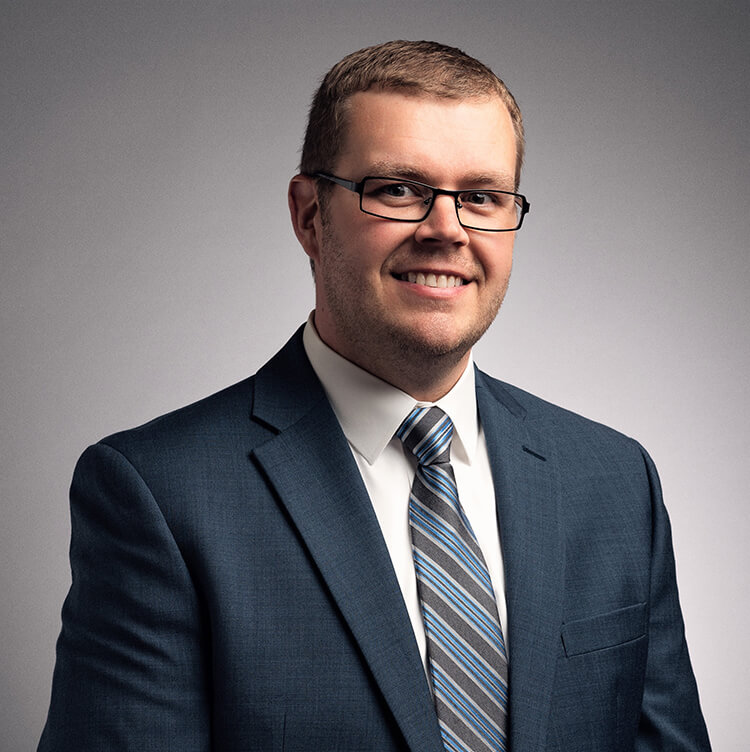
-
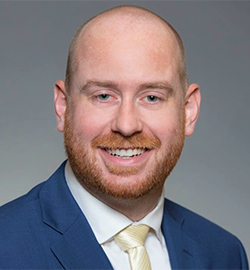
Orthopedic Surgeon - Joint Reconstruction Specialist
-

-
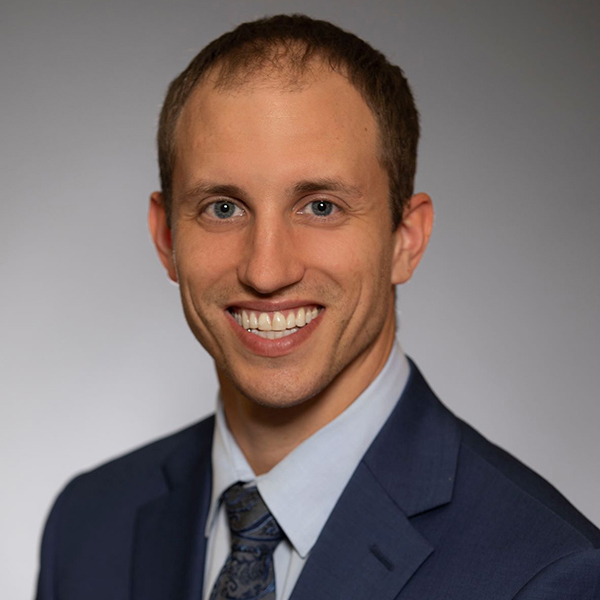
-

-
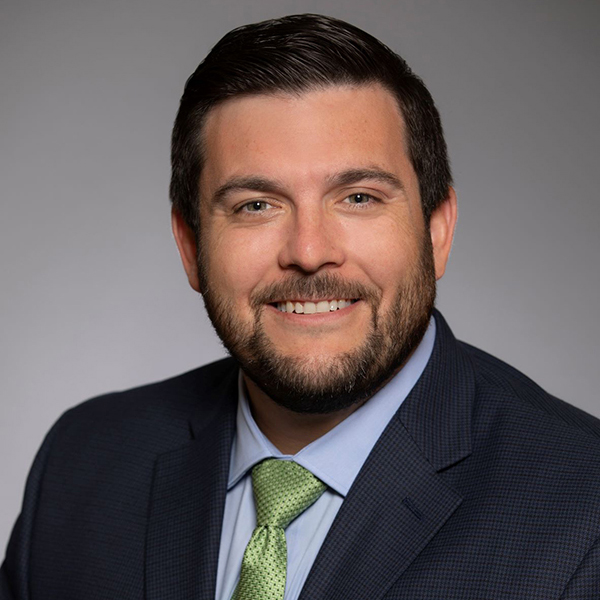
-

Orthopedic Sports Medicine Surgeon
Location: Elkhart, Elkhart Health and Aquatics, Goshen
-
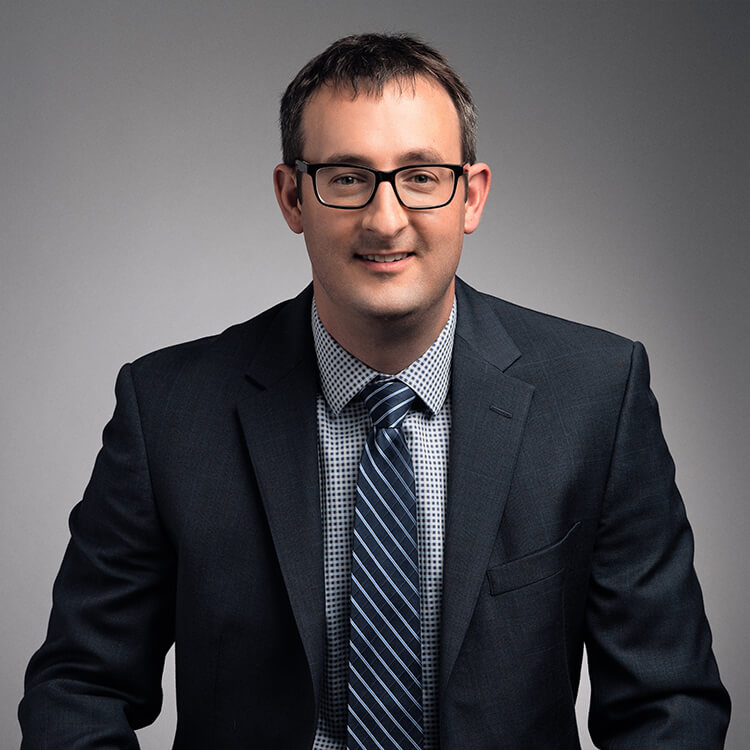
-
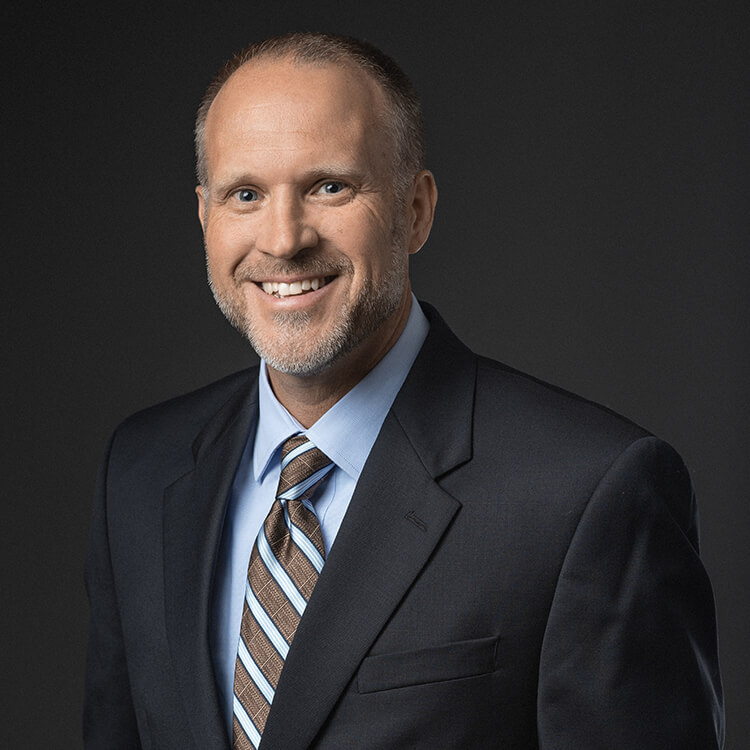
Shoulder Pain and Injury Care Northern Indiana & South Central Michigan
The orthopedic specialists at OSMC are highly experienced in diagnosing and treating shoulder problems. Some conditions are effectively treated with physical therapy. For some patients, surgery, including shoulder joint replacement, may be the most appropriate treatment option.


